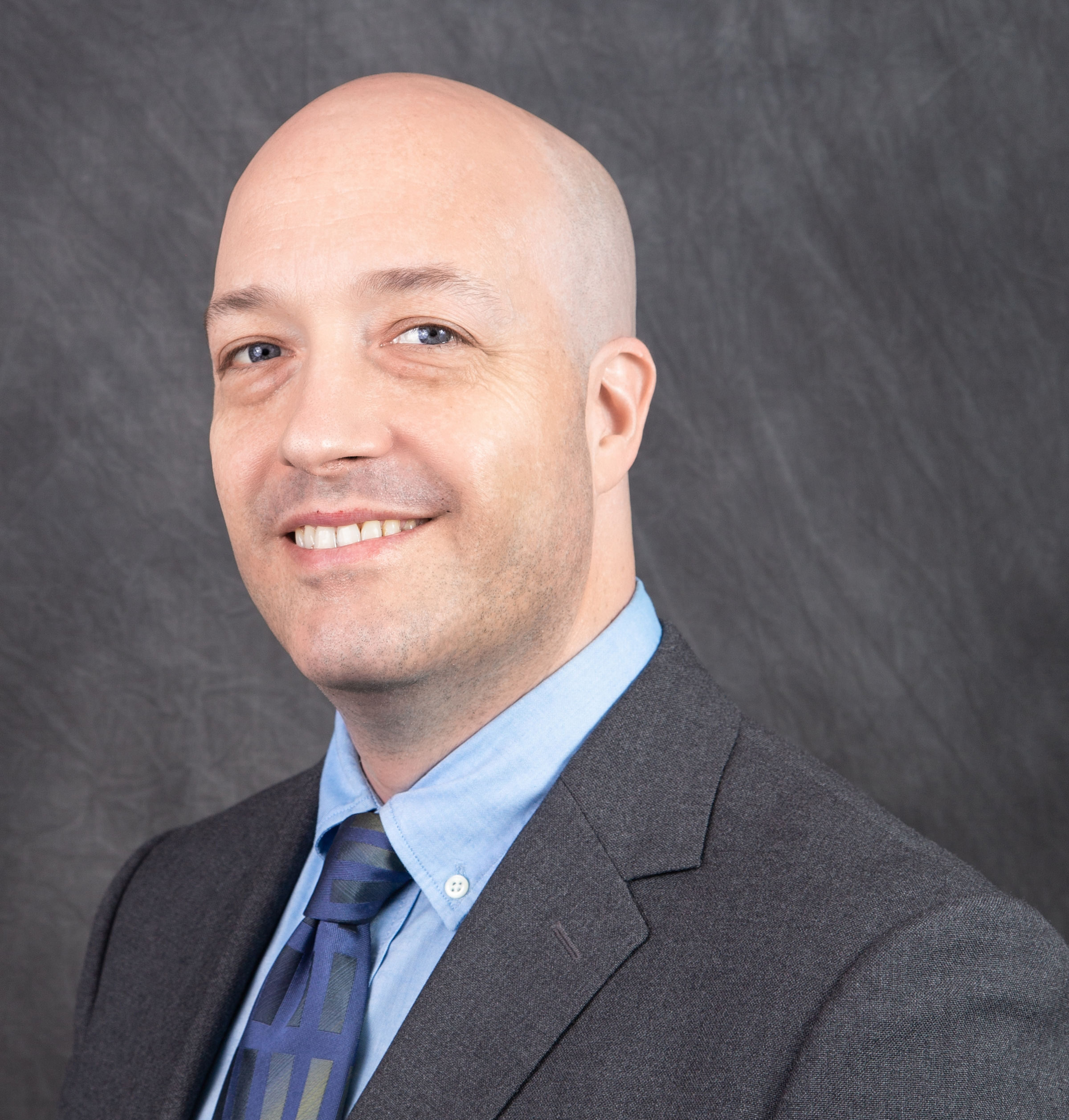Catalyst Flex at SCOPE 2025
This year, I attended the SCOPE 2025 conference with key members of the Catalyst Flex team—Lisa Jennings and Shawn Nicholas from Business Development and Ann Marie Cisneros from Clinical Outsourcing. The conference provided valuable insights into the latest advances in patient care and industry trends.
Key SCOPE themes and topics
The conference covered several key themes, including the importance of culture in organizational success, patient-centric clinical trials, and the impact of AI on outsourcing strategies. The emphasis was on simplifying clinical trial protocols to enhance patient participation and retention and the need to reduce the technological burden on patients and sites.
Impactful presentations
The keynote presentation by Andrew Lee, Senior Vice President, Merck, was particularly impactful. He highlighted how a strong organizational culture is a key ingredient to Merck’s success, which parallels Catalyst’s focus on culture and people. This reinforced the importance of fostering a positive work environment to drive long-term success.
Putting culture first allows people to focus on bringing value to the company, which leads to long-term success. This extends to how clinical trial patients are treated. Generally, they are the last step in a long process, but many attendees discussed how they should be brought in during protocol design with the goal of collecting the minimum assessments needed and simplifying the protocol. This not only makes it easier for patients to participate but increases retention to ensure that patients finish the trial.
Ann Marie attended the “Macro Trends in Pharma: AI Innovation and the Impact on Outsourcing Strategy” session. One of the statistics that was highlighted was that full-service outsourcing (FSO) will decline in 2025, while functional service provider (FSP) outsourcing is expected to increase by 50% across all biotech companies, with the most significant growth in mid-sized organizations.
Industry trends and innovations
One of the most exciting trends discussed was the rise of decentralized clinical trials (DCTs). While automation is beneficial, it’s crucial to ensure that technology does not overwhelm patients.
There are too many devices, surveys, payments, websites, and scheduling applications before treatment begins, which can easily overwhelm the patient and the site. The industry needs to lower the burden on patients and sites to simplify the process and take technology out of the critical path to site and study startup. Interactions with potential partners and clients underscored the importance of collaboration and innovation.
For instance, discussions with Greenphire emphasized the need for streamlined payment processes in clinical trials, which can significantly enhance patient experience and retention.Simplifying processes and reducing the burden on patients and sites are essential steps.
Data management and cybersecurity
Lisa chaired sessions within “Managing Data Independently” in the Small BioPharma Strategies track. The discussions focused on navigating cyber threats and safeguarding data. Insights from industry experts emphasized the value of data. It reinforced the importance of robust data management and security practices, which are critical to our operations at Catalyst Flex.
One speaker noted that data are the most valuable assets behind a company’s pipeline. The session also covered the shift from FSO to a hybrid approach in data management, stressing the importance of strong communication, and culture matching between contract research organizations and sponsors.
Understanding industry challenges and opportunities
The conference enhanced my understanding of the industry’s challenges, such as the complexity of clinical trials and the need for patient-centric approaches. It also highlighted opportunities, such as leveraging AI to optimize outsourcing strategies and improve trial efficiencies.
The lessons on patient-centric trials and simplifying protocols are directly applicable to our work at Catalyst Flex. By minimizing the complexity of clinical trials, we can improve patient retention and streamline the trial process. Additionally, the insights on AI and outsourcing trends can help us refine our strategies to better serve our clients.
The most valuable lessons align with Catalyst Flex’s goals include the importance of a strong organizational culture, patient-centric trial designs, and the strategic use of AI in outsourcing. These insights can help us refine our approaches and better meet the needs of our clients.
Reach out to Catalyst Flex to learn how our FSP outsourcing can support your projects.



